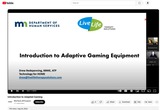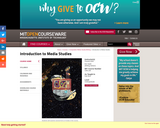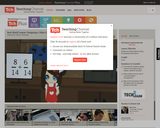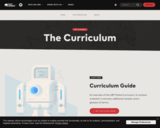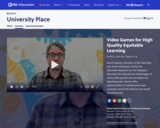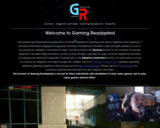
Welcome to Gaming Readapted!
This website was developed as a resource for those interested in learning more about adaptive video gaming. It provides information ranging from general overviews of adaptive controllers to the nitty gritty details on how to set up specific adaptive controllers for users. It is best to start in the General section for an overview of popular adaptive controllers and information on how to pick the right controller for users. For more detailed information on ordering and setting up a specific controller, go to the Adaptive Controllers section. For information on how to connect an adaptive controller to a specific console, use the Controller Connect Tool (https://www.gamingreadapted.com/controller-connect-tool). Updates regarding adaptive gaming equipment can be found on the New Updates page (https://www.gamingreadapted.com/new-updates). Please visit our YouTube page for overviews and instructional videos for the adaptive controllers (https://www.youtube.com/@gamingreadapted).
The mission of Gaming Readapted is not just to allow individuals with disabilities to play video games, but to play video games without limits.
- Subject:
- Career and Technical Education
- Computer Science
- Education
- Educational Technology
- Information and Technology Literacy
- Technology and Engineering
- Material Type:
- Diagram/Illustration
- Interactive
- Other
- Reading
- Reference Material
- Author:
- Gaming Readapted
- Date Added:
- 06/11/2024

